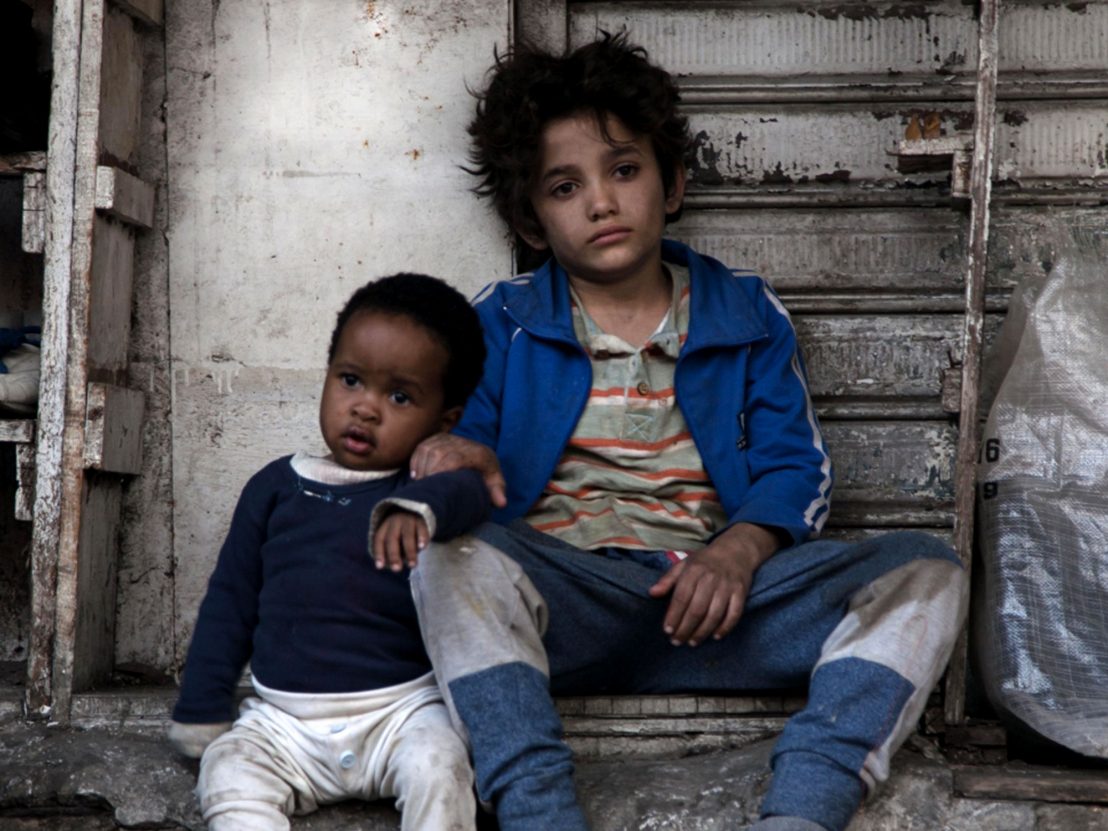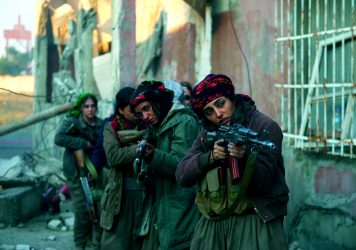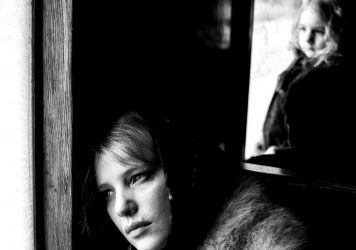
Nadine Labaki’s Lebanon-set fable reveals the everyday heartbreak of child poverty.
Capernaum could be dismissed as sentimental and unsubtle were it not for the fact it is underpinned by a delicately woven philosophy about how to keep your humanity intact. Harnessing the visual power of faces made wretched by grinding poverty, with bitter hysterics just one provocation away from the surface, Nadine Labaki’s Lebanon-set fable about a 12-year-old boy named Zain (Zain Alrafeea) counterbalances scenes of suffering with scenes that show how caring about a single other human can preserve what makes life worth the struggle. She presents the alternative, not caring about anyone else, as the surest way to contribute to the swamp of hopelessness.
Labaki doesn’t blame those who have given up hope in other people. This outcome is understandable within the devastating world she depicts. Instead she shows that giving up on your nearest and dearest is no survival strategy, because life goes on and is even harder without loving bonds to keep you going.
The colourful and noisy bustle of Beirut is the setting, and it’s here we meet a large family living in a small house. Kids overrun the place, but have been taught to make themselves useful, so Zain and his tiny, exquisitely-featured younger sister, Sahar (Cedea Izam), weave though the streets, knee-high to most adults, selling chopped up fruit to rich people in passing cars. Some cinematic depictions of child poverty trade on the ironclad innocence of youth. Here the young cast have an ancient weariness in their eyes. The camera follows them documentary-style, dodging the paws of the lecherous giants all around, showing that alertness to traumatic dangers has been acclimatised as part of their days.
Something terrible happens, and as a result Zain hits the road and ends up being taken in by a soft-hearted illegal immigrant named Tigest. She has a child of her own named Yonas, whose presence heralds a section alive with the joy of tenderness. Baby Yonas has the most cherubic of faces and the most sanguine of personalities. He has no awareness of the precariousness of his living situation. This disposition cuts through the unrelenting dirge feel that has set the tone so far drumming up a sense of sacred innocence.
For Zain ends up babysitting while Tigest goes to work. Like a corpse coming to life, the existence of a happy baby scans like a miracle. Yonas has a toy which plays dance music, and as he baby-stomp-dances to it, Labaki’s intentions become clear – this is not misery porn, but emotionally vivid cinema, with misery as a base note and humanity as its skyward pole.
This is not a structurally perfect or narratively satisfying film. It is framed by courtroom scenes in which we are told that Zain stabbed a man and is suing his parents for allowing him to be born. The bulk of the story is positioned as a flashback which will resolve these early shots fired. This doesn’t really happen, or it happens too offhandedly to impact the vérité clutter of the atmosphere.
The storytelling is underwhelming, but the worldbuilding is overwhelming. So too are the performances of Zain’s mum and dad which are powered by operatic rawness. Holding everything together, weak parts and strong, is the central performances by Zain Alrafeea. That one so tiny should know how to make suffering shine from his eyes makes you wonder about the performer’s backstory. He imbues this presence with a street-tough attitude, yelling at adults to keep away as he drags Yonas around in a pan strapped to a skateboard attached to a rope. (Yonas peers out of his pan curiously, like a dog in a motorcycle sidecar.)
Although Labaki is focused on the plight of Zain, she punctuates his arc with several helicopter shot of the sprawl of the slums conveying that the problem of poverty is bigger than one boy and his family. Capernaum may resort to repeating the same note, but it is executed with orchestral resonance, aided by Khaled Mouzanar’s elegiac score, playing like a requiem for the casualties of callous governance.
Published 17 May 2018

Alice Rohrwacher brings a touch of rustic magical realism to Cannes with an enigmatic film about a young Italian farmhand.

Eva Husson’s timely ode to female resistance and survival sees an all-female Kurdish battalion take on ISIS.

This miniature monochrome epic from Pawel Pawlikowski is a extraordinary piece of cinematic craftsmanship.